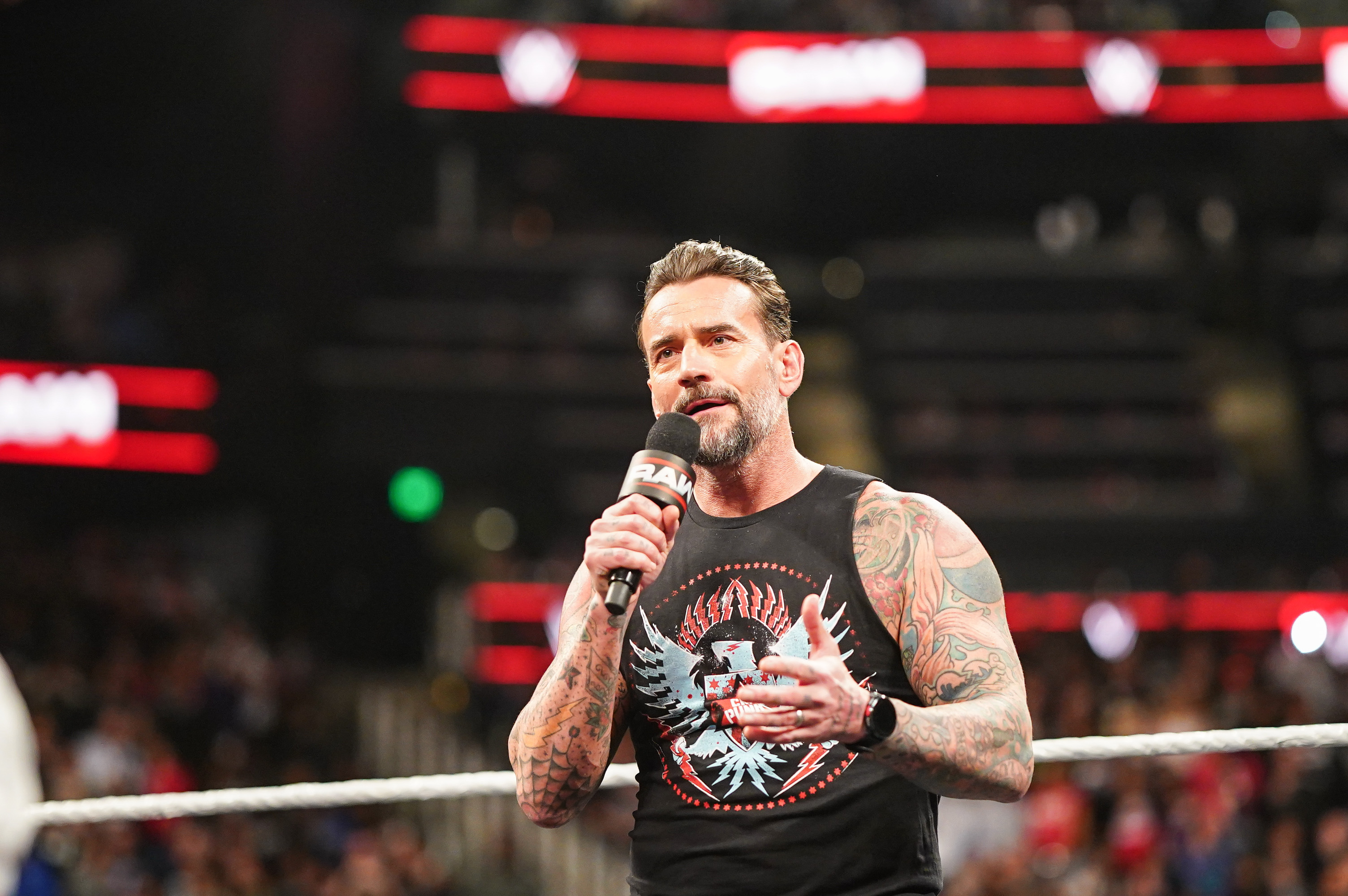An aspiring dad-to-be has taken a proactive approach to ensure his fiancé has a healthier pregnancy in the future.
After reading about how men are also responsible for pregnancy symptoms on TikTok, Austin Fountain "zeroed in" on his health to benefit not just himself, but his future family too.
In a clip shared by his partner Imani Nicole Rucker on Instagram (@imanixnicole), Fountain is jumping rope, with many commending his commitment to forging a path to parenthood.

While the couple from Georgia aren't trying to conceive at the moment, "all bets are off" after their wedding in May this year, Rucker told Newsweek.
Although naturally active, she explained that Fountain is putting all his efforts into making pregnancy easier for her.
"He now does cardio 3 times a week in addition to weightlifting, and he's a lot more mindful of his diet because of this. He's even gotten me more active," Rucker said.
Dr. Sami Almusawa, a medical director at Plan Your Baby, told Newsweek that pregnancy and preconception care are just as important for men.
"Men contribute 50 percent of the genetic material, which means that the health of the sperm is just as important as the health of the egg. Sperm quality doesn't just affect conception, it also plays a role in the health of the pregnancy and even the long-term health of the baby," he said.
Almusawa said two years ago, he had a patient who, after his wife experienced two miscarriages, discovered abnormalities in his sperm.
"He made some lifestyle changes—cut back on alcohol, started taking supplements, and reduced his stress. Within three months, his sperm quality had improved significantly, and they conceived naturally. His wife carried the pregnancy to term, and they now have a healthy baby boy," Almusawa said.
Fountain's dedication to his health reached millions of Instagram users. Over 9 million viewed Rucker's reel and over 700 commented, many of whom applauded his efforts.
Some were curious about the subject, while others commented on the couple's relationship. "Green flag," wrote @tiarae01. A second user shared that she and her partner were both active and reported that her pregnancy was "smooth sailing."
Another said that the father of her child is an athlete. At 22 weeks pregnant, she has no symptoms and hasn't felt nauseous.
Almusawa outlined some of the practical steps men can take to improve their fertility and support their partner's pregnancy. Improving diet is a good place to start. "Eating more antioxidant-rich foods—like nuts, seeds, leafy greens, and oily fish—can help reduce oxidative stress, which is a major cause of sperm damage," he said.
Regular exercise also helps manage weight and improve hormone balance, which impacts sperm quality.
Reduce alcohol, quit smoking and avoid processed foods, advised Almusawa. "Alcohol and tobacco can damage sperm DNA, reducing the chances of conception and increasing the risk of miscarriage," he said.
A sperm test is also a simple tool that can provide valuable insights early on.
"Men have a direct impact on the success of a pregnancy, and addressing their health can reduce the risk of miscarriage, complications, and developmental issues in children," Almusawa told Newsweek.
Fountain's newfound routine contributes to the growing trend: couples treating fertility and pregnancy as a shared responsibility. Rucker also believes it's a team effort. "The sperm comes from one body and the egg from another, so the health of both parties is super imperative. Now that I think about it this way, I'm shocked I didn't realize it sooner," she said.
Almusawa said, "Fertility is a journey you take together as a couple. The more men realize that their health and choices matter, the more empowered they'll be to make changes that benefit not just their own wellbeing but also their future family."




















 English (US) ·
English (US) ·